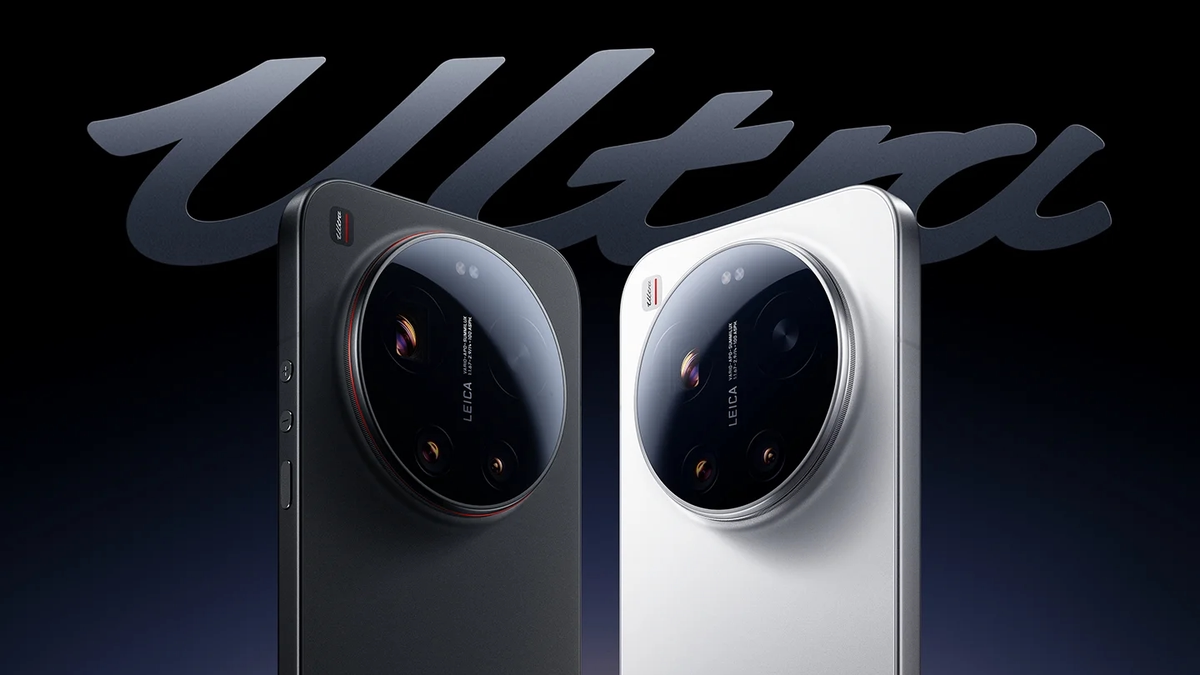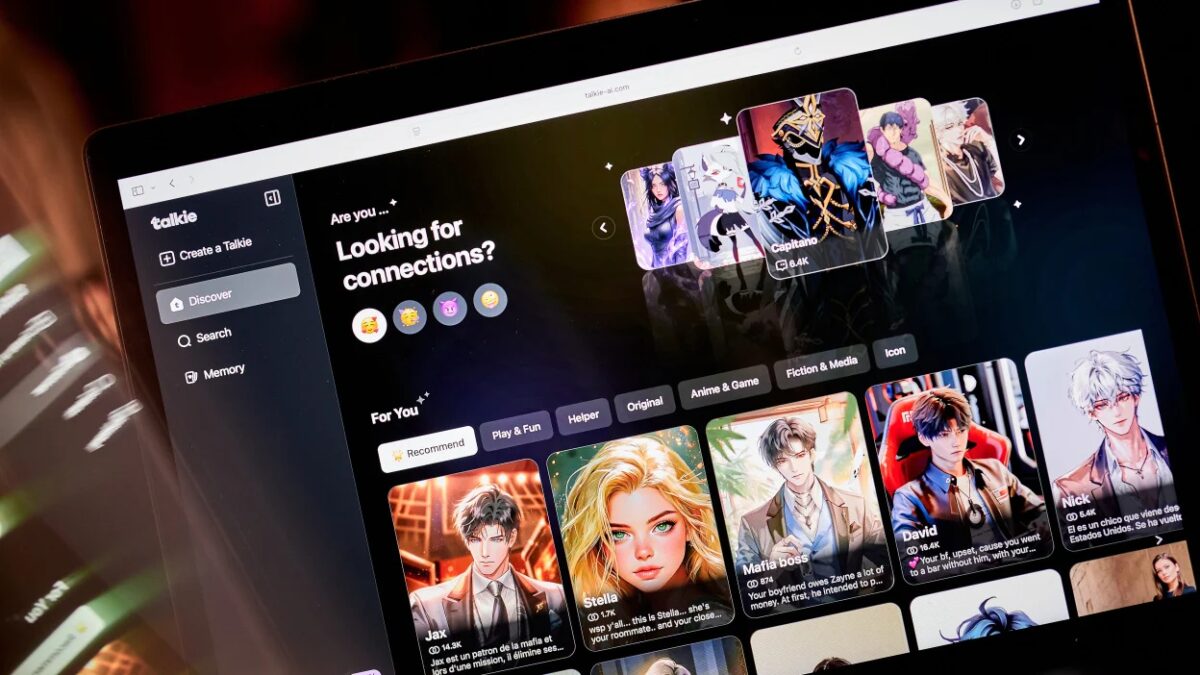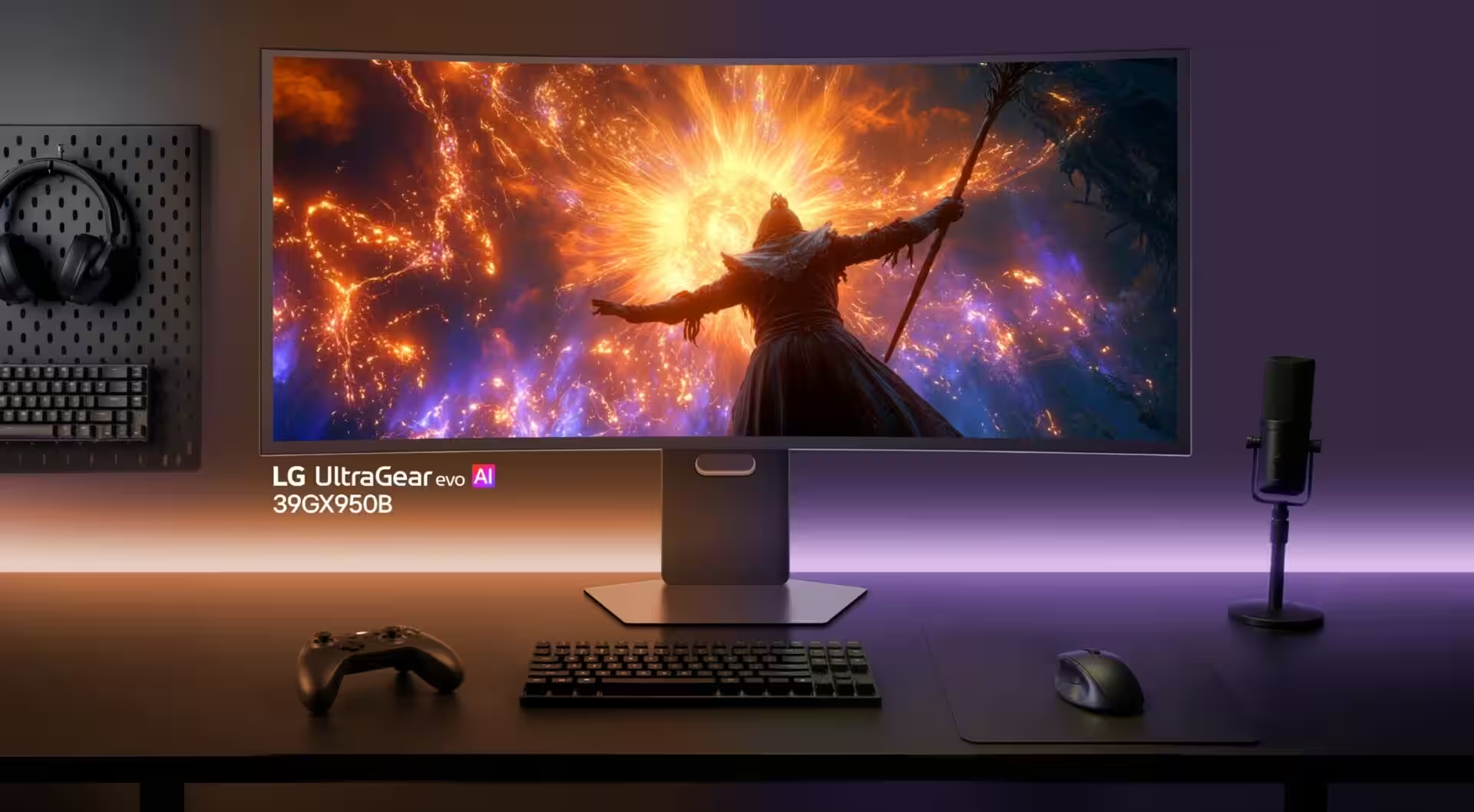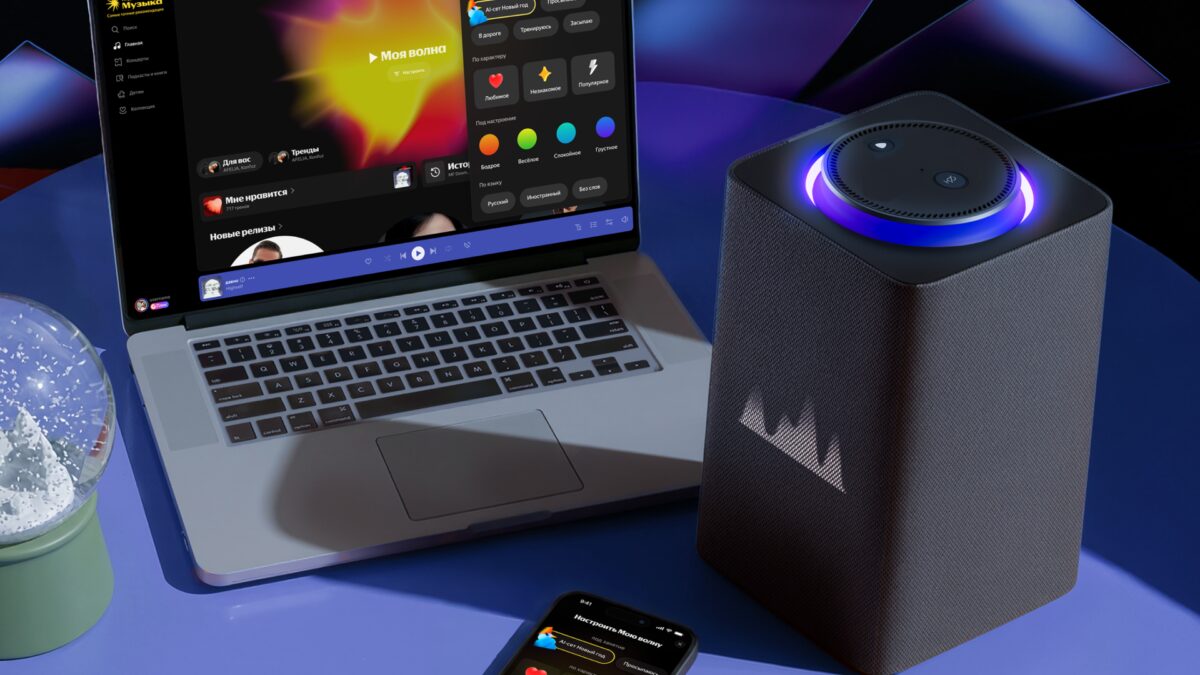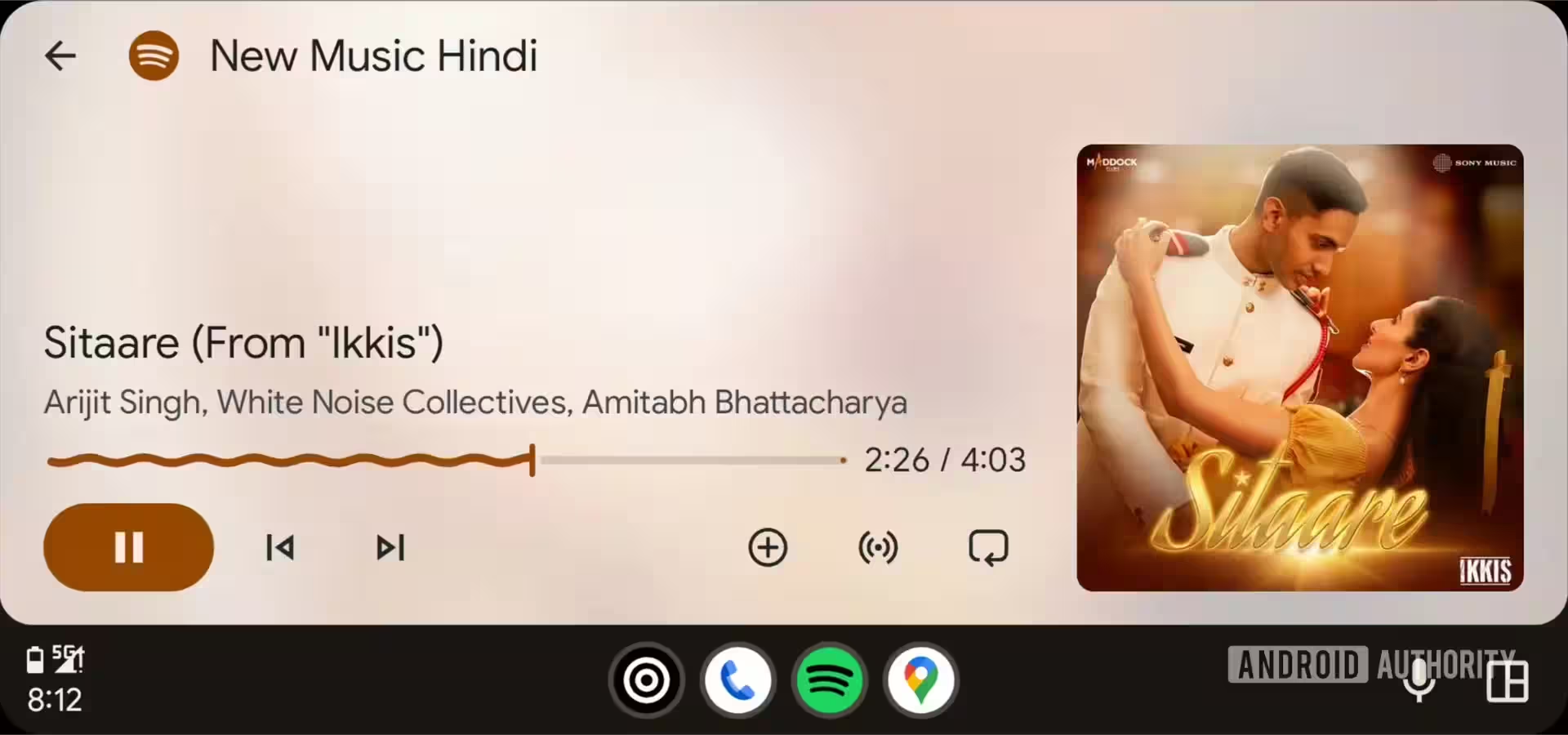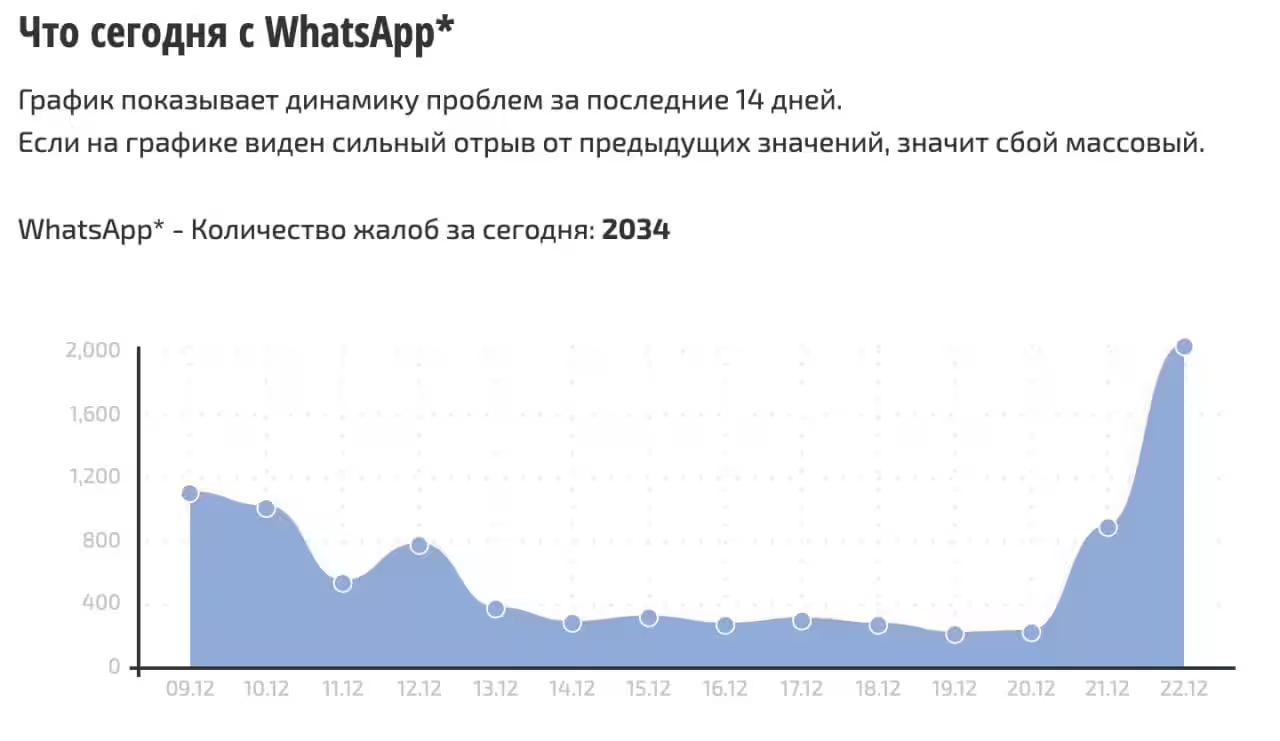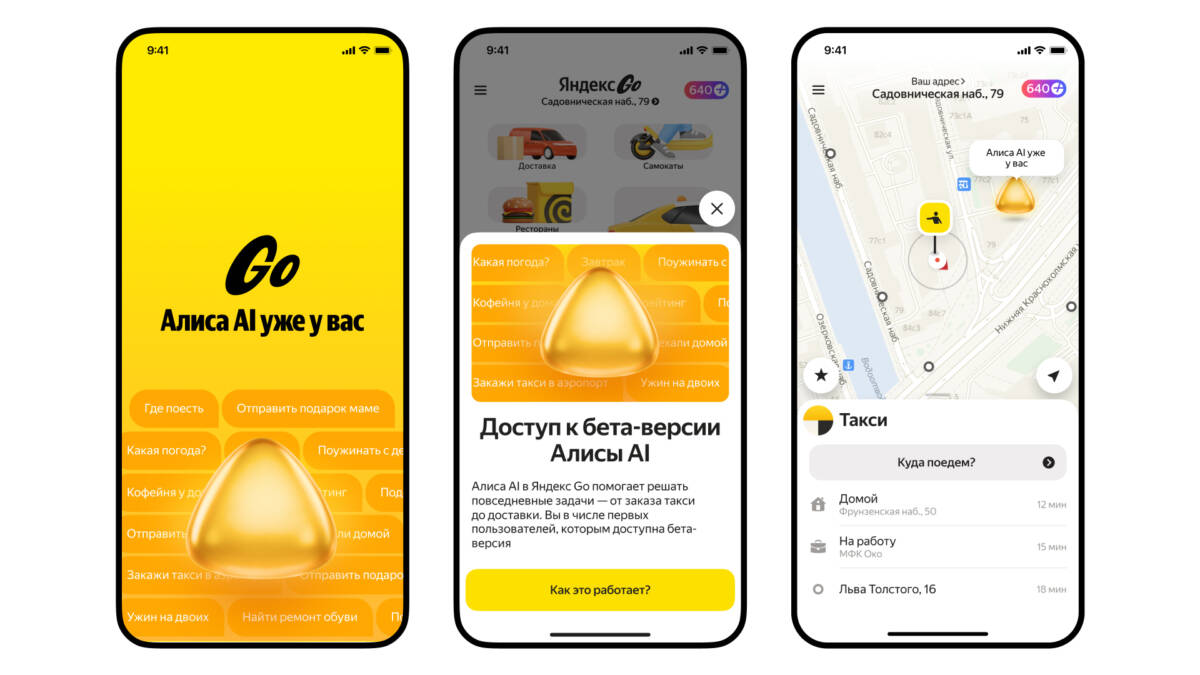ChatGPT is taking users away from Google Search

Millions of users are increasingly turning to neural networks rather than search engines. Montreal-based lawyer and legal technology consultant Anja-Sara Lahadi says she used to always use Google to search for information. Now she prefers big language models, including ChatGPT.
Anya-Sara Lahadi, a lawyer and legal technology consultant from Montreal, says she used to use Google to find information.
«I can ask how to furnish a room or what to wear. Or I have three products in the refrigerator —what to cook? These are the kind of mundane questions I don’t want to spend 30 minutes on. It’s not my area of expertise, and it tires me out» — Lahadi says.
She says that over the past year, using LLMs has become more familiar to her than Google. She uses them for writing letters, selecting software, writing code. The exception — the practice of law, where professional liability is required.

Rising popularity of ChatGPT
Lahadi —s not the only one. According to Demandsage, ChatGPT is used by over 800 million active users each week, double the number of active users in February 2025.
According to Datos, in July 5.99% of desktop searches came from LLM — that’s double the year before.
According to Professor Feng Li of Bayes Business School in London, people are choosing neural networks because they reduce cognitive load: «Instead of ten links in a search, the user gets a brief synthesis in clear language». However, the expert reminds that AI results need to be verified, as errors and «hallucinations» remain a problem.
An expert reminds that AI results need to be checked, as errors and «hallucinations» remain a problem.
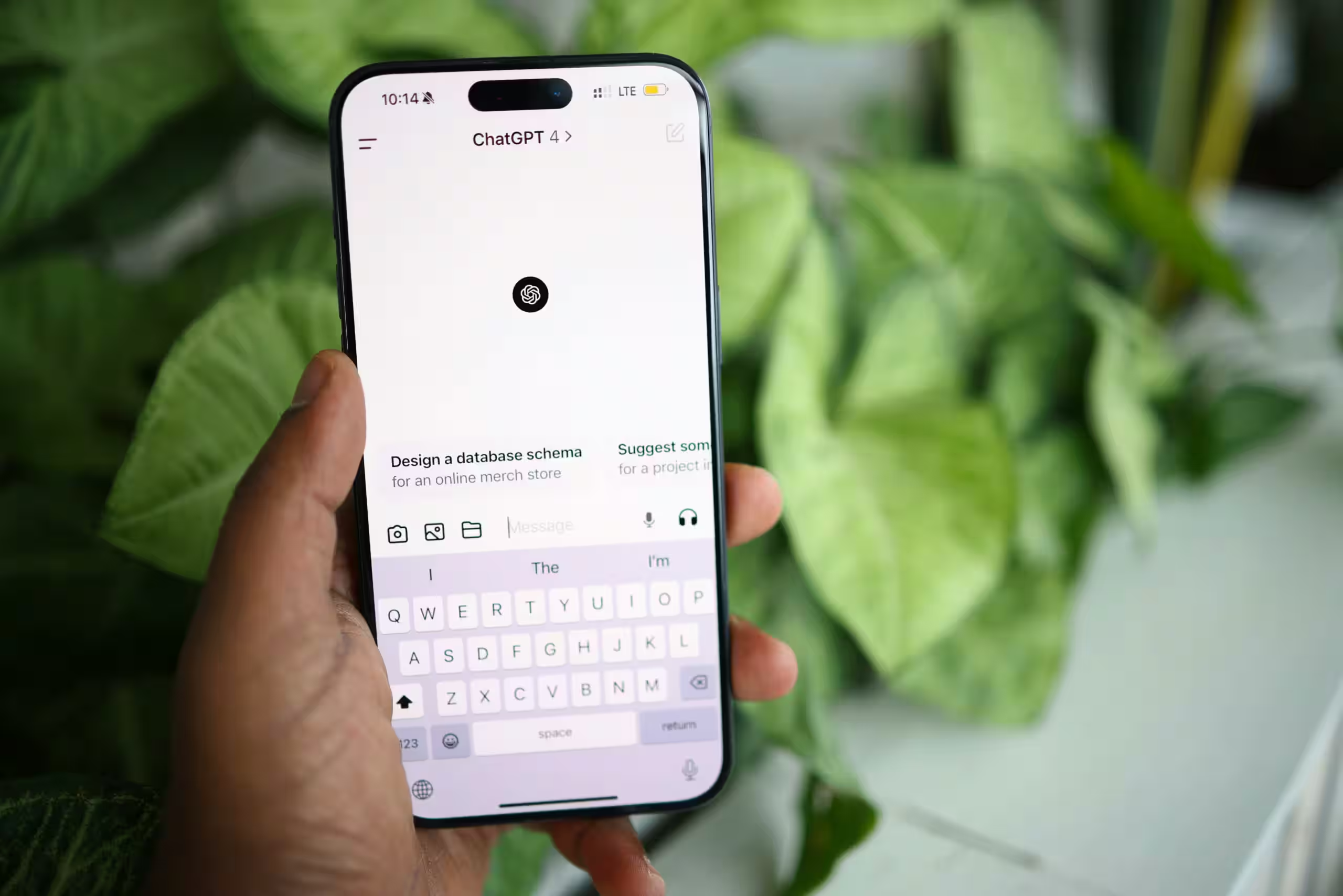
Google’s response
Google doesn’t believe that the growing popularity of LLMs is hurting their search. The company claims that the overall number of queries continues to grow, thanks in part to new features — AI Mode and AI Overviews that make answers more personalized and concise.
Even so, in May, it was revealed in an antitrust trial against Google that the number of searches through Safari on Apple devices had declined for the first time in more than 20 years.
The Hybrid Model of the Future
Experts predict that AI will not completely replace traditional search. According to Professor Lee, a hybrid model lies ahead: LLMs will be used for tasks like picking up recommendations or drafts, while Google and analogs will remain the primary tool for shopping, booking and fact-checking.
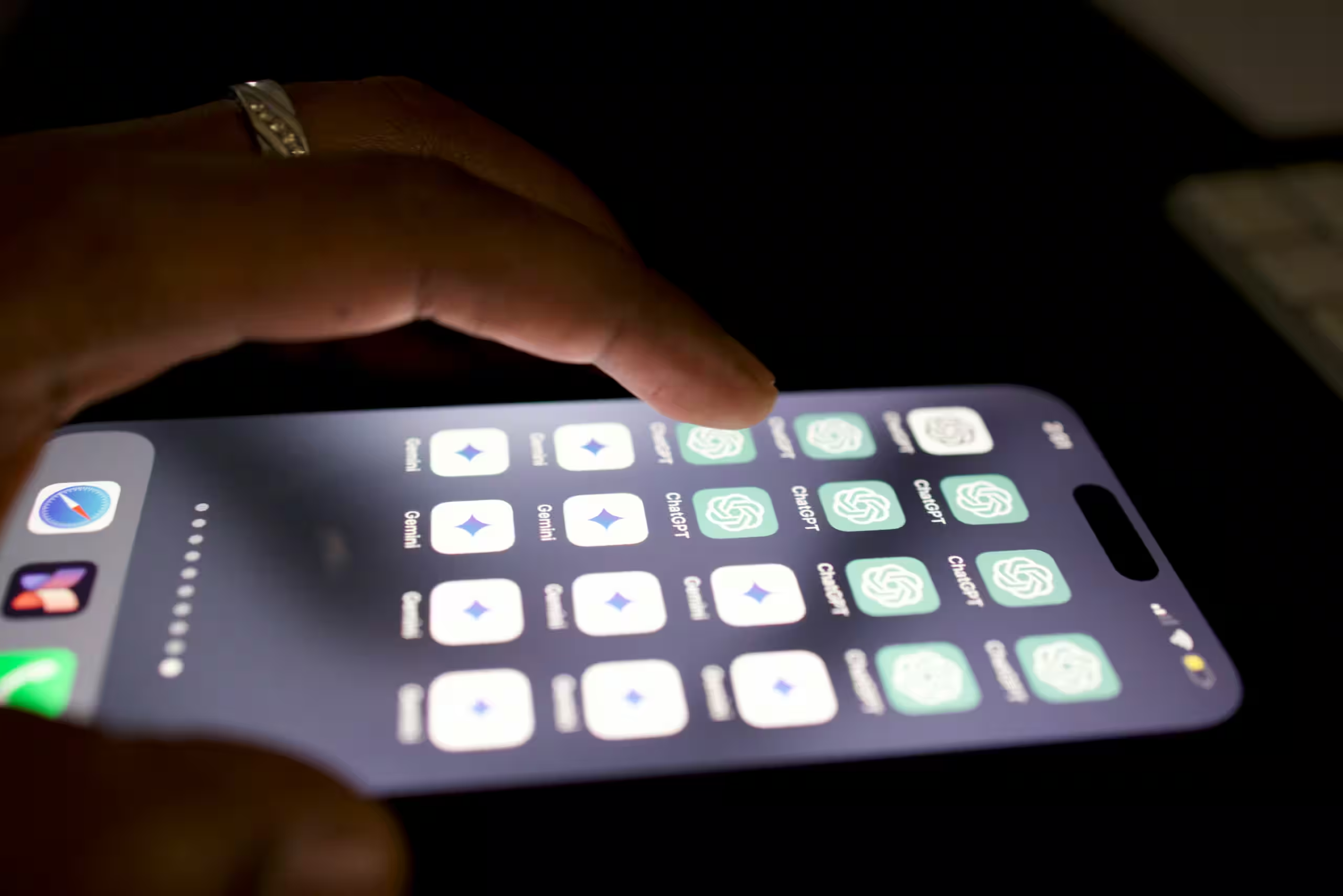
How marketing strategies are changing
According to Leila Seyit Hassan of agency Digitas UK, companies are already adapting marketing to the new realities. It’s important to understand which sources LLMs consider authoritative in a particular niche. For example, in the UK beauty sector, Vogue and Sephora are more likely to be cited, while in the US — brand websites.
She notes that recommendations from AI are more likely to convert into sales: users who come to the neural network’s advice tend to make a quicker purchase decision.
Personal User Experience
Hanna Cook, director of client strategy at Charlie Oscar Agency, started actively using LLM about a year and a half ago. She uses ChatGPT and Google Gemini for personal and work-related tasks.
Cook says she now searches more often for skin care tips on ChatGPT rather than Google: «I don’t have to scroll through dozens of sites». Similarly, she uses AI for travel planning. For example, for a trip to Japan, a neural network helped her map out a two-week itinerary and find restaurants with vegetarian options, saving hours of searching.
She says the neural network helped her plan a two-week itinerary and find restaurants with vegetarian options, which saved her hours of searching.

